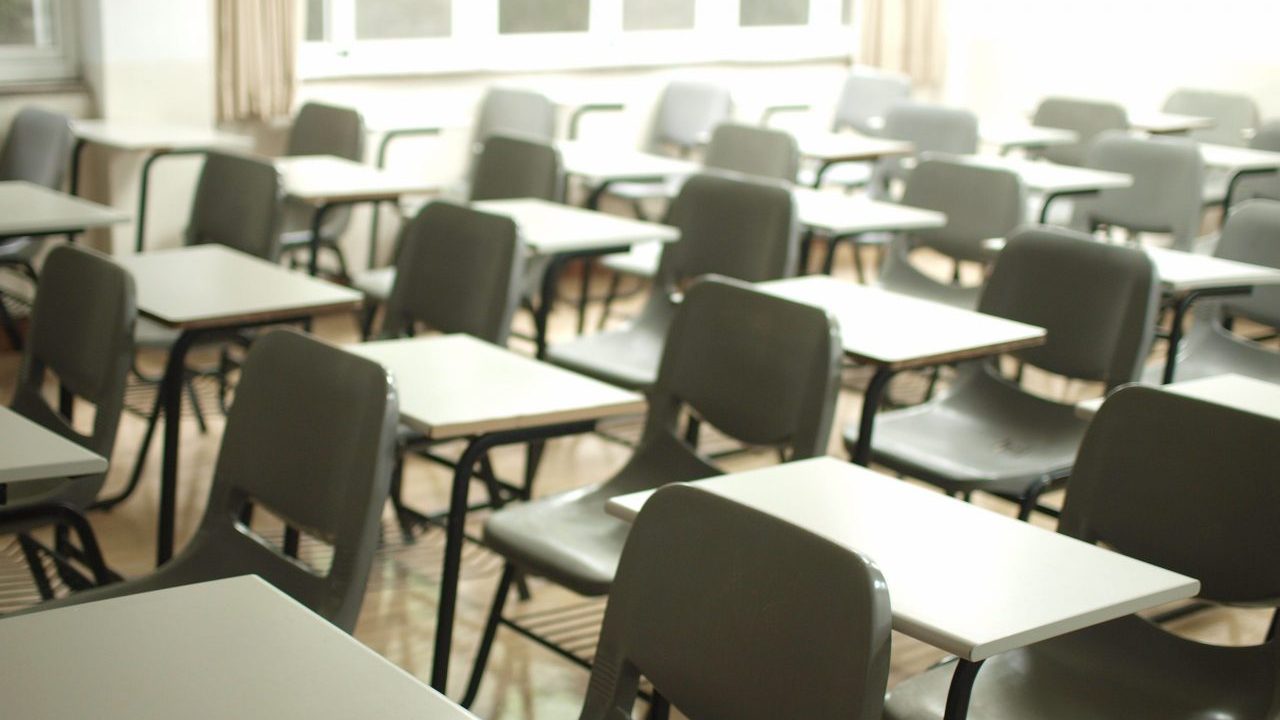
By Revin Mikhael D. Ochave, Reporter
LOCAL human capital development should be a central pillar for the incoming Marcos administration to improve the country’s competitiveness ranking, according to the Asian Development Bank (ADB).
Sameer Khatiwada, ADB Southeast Asia Department social sector specialist, said during the webinar of the Asian Institute of Management Rizalino S. Navarro Policy Center for Competitiveness on Thursday that the Philippines needs to address the learning loss incurred due to the closure of schools caused by the coronavirus disease 2019 (COVID-19) pandemic.
President-elect Ferdinand R. Marcos, Jr., is set to take office on June 30.
“As the new administration comes in, the human capital development agenda has to be a central pillar of increasing/enhancing Philippines’ competitiveness,” Mr. Khatiwada said.
“Infrastructure and human capital are the two basic ingredients for growth in investments. The learning loss that we saw because of school closures, I think we have to take this seriously and come up with concentrated efforts in reversing that,” he added.
Further, Mr. Khatiwada said that the long closure of schools due to the COVID-19 pandemic will have a “huge impact” on the country’s human capital development, noting the Philippines’ ranking in the Programme for International Student Assessment (PISA).
“The Philippines was among the few countries where the schools were closed for almost two years. This is likely to have a huge impact. We ought to really be serious about this,” Mr. Khatiwada said.
“If we want to talk about competitiveness of the Philippine economy going forward, unless we invest in human capital development, unless some of these learning losses are reversed or addressed with some targeted measures, I think it will be very difficult to catch up,” he added.
In the 2018 PISA, the Philippines ranked last among 79 participating countries and economies in terms of reading comprehension, and placed second to the last in science and mathematics. The Education department in March announced that it will participate in the 2022 cycle of the PISA, which is conducted by the Organisation for Economic Co-operation and Development (OECD).
Based on the recently released 2022 World Competitiveness Report by the International Institute for Management Development (IMD), the Philippines climbed four spots to 48th out of 63 countries, the highest it had in two years after securing the 45th place in 2020.
The report looked at a country’s competitiveness based on economic performance, government efficiency, business efficiency, and infrastructure.
In 2022, the Philippines improved its economic performance to 53rd, while its infrastructure ranking also increased to 57th. However, the country’s business efficiency fell to 39th while its government efficiency also declined to 48th.
Meanwhile, American Chamber of Commerce of the Philippines Senior Adviser John D. Forbes said that the government should be more flexible on hybrid work arrangements and the tax incentives of registered business enterprises.
“The government doesn’t recognize what’s happening in the world. The workers do not want to go back into the office. They have gone home. They realized that it is nicer to work-from-home (WFH). They don’t have to commute. The government has to be more flexible on this,” Mr. Forbes said.
The government has previously mandated registered business enterprises, including information technology and business process management (IT-BPM) firms, located in economic zones to return to 100% on-site work or risk losing tax perks in a bid to help economic recovery.



